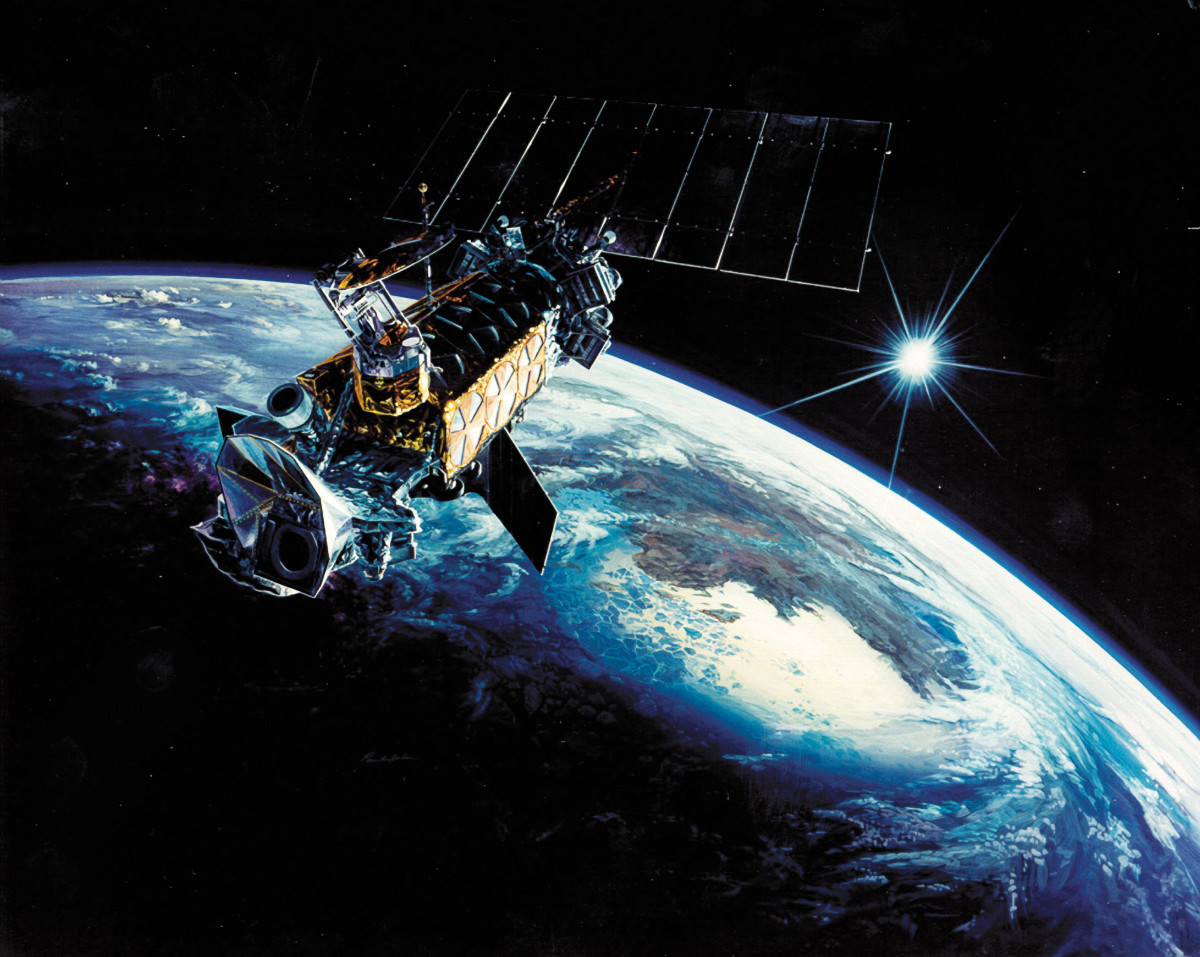Satellite networking company Omnispace has selected France-based Thales Alenia Space to build initial components for its Internet of Things (IoT) satellite infrastructure.
Launched in 2012, the Tysons, Virginia-based company is using 5G technology to build a global hybrid network linking satellites to mobile networks. Thales Alenia Space is an aerospace manufacturer offering a range of services and solutions.
For this project, Thales Alenia Space will develop two satellites that will operate in non-geostationary orbit (NGSO), meaning they won’t be stationary and move in relation to the Earth’s surface. The satellites are scheduled to launch next year.
“Thales Alenia Space has a successful track record of developing NGSO satellite constellations and is well-qualified to support our vision of delivering the world’s first global 5G non-terrestrial network,” said Omnispace President and CEO Ram Viswanathan in a statement. Financial details of the deal were not disclosed.
Omnispace has raised $46.8 million in venture capital to date, according to Crunchbase, which includes a $30 million Series A raised in 2017 with participation from local firms TDF Ventures, Greenspring Associates and Columbia Capital. This initial development of two satellites is a key milestone as Omnispace works to implement a network to connect users and IoT devices anywhere on the globe.
“Thales Alenia Space is pleased to be working with Omnispace, which is taking a holistic approach to the design, development and deployment of their next-generation, IoT-based satellite network infrastructure,” said Thales Alenia Space CEO Hervé Derrey. “Omnispace’s selection of Thales Alenia Space reinforces our leadership position as a major industrial partner and our expertise in space-based IoT communications.”







